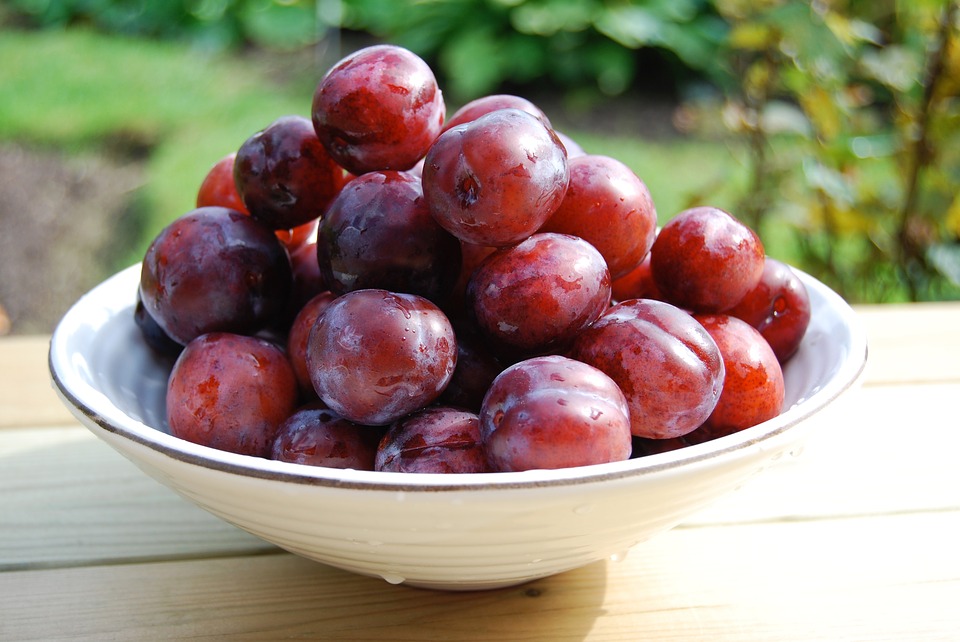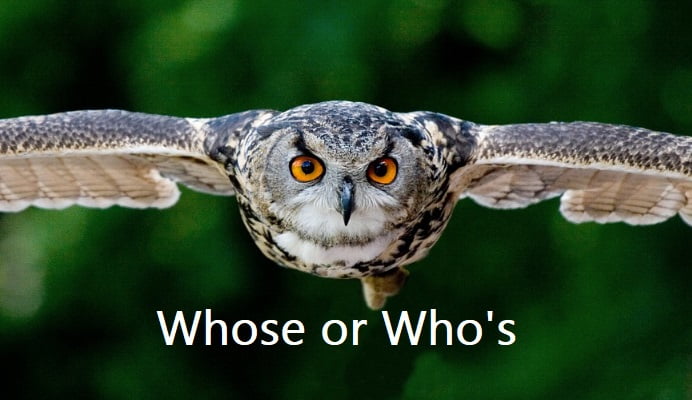 In the world of nature and expression, rain is both a meteorological phenomenon and a muse for writers, artists and filmmakers. Rain showers are common occurrences in the UK, so it’s no surprise that the rain has seeped into both our linguistic expressions and our art. Join us on a linguistic journey as we explore the nuanced relationship between the English language and the beauty and power of rain. Continue reading
In the world of nature and expression, rain is both a meteorological phenomenon and a muse for writers, artists and filmmakers. Rain showers are common occurrences in the UK, so it’s no surprise that the rain has seeped into both our linguistic expressions and our art. Join us on a linguistic journey as we explore the nuanced relationship between the English language and the beauty and power of rain. Continue reading
Category Archives: Language Guide
History of Women’s Football EFL Lesson
 The Women’s World Cup is currently in full swing, so we’re riding on the waves of footy euphoria and using the tournament as a springboard to explore the fascinating and turbulent history of women’s football. This is a great topic for the EFL classroom as a conversation lesson that can be adapted for all language levels, concerning issues of sport, politics and sociology. It also includes lots of vocabulary that will be useful for language learners across many areas.
The Women’s World Cup is currently in full swing, so we’re riding on the waves of footy euphoria and using the tournament as a springboard to explore the fascinating and turbulent history of women’s football. This is a great topic for the EFL classroom as a conversation lesson that can be adapted for all language levels, concerning issues of sport, politics and sociology. It also includes lots of vocabulary that will be useful for language learners across many areas.
How did women’s football go from being hugely popular in the 1920s to being almost unknown in the UK for fifty years? Read on to find out how and why women’s soccer was side-lined – and how it is now experiencing a resurgence to become the fastest growing sport in the world. Continue reading
Yorkshire Dialect Dictionary Uncovers 4,000 Regional Words
 The Yorkshire Historical Dictionary has recently been published online by the University of York. The dictionary collects together more than 4,000 Yorkshire terms and is the life-long work of historian Dr George Redmonds, who died aged 82 in August 2018. The Yorkshire dialect dictionary is a fascinating insight into not only the changing vocabulary but also the culture, history and people of the region. Continue reading
The Yorkshire Historical Dictionary has recently been published online by the University of York. The dictionary collects together more than 4,000 Yorkshire terms and is the life-long work of historian Dr George Redmonds, who died aged 82 in August 2018. The Yorkshire dialect dictionary is a fascinating insight into not only the changing vocabulary but also the culture, history and people of the region. Continue reading
What Words Rhyme with Orange, Purple, Silver and Month?
 There are some words in the English language that famously can’t be rhymed with any other words. These are called refractory rhymes. Some of the words most commonly thought to be without any rhyming partners include: orange, purple, silver, month and circle. But are all these words really without a rhyming friend?
There are some words in the English language that famously can’t be rhymed with any other words. These are called refractory rhymes. Some of the words most commonly thought to be without any rhyming partners include: orange, purple, silver, month and circle. But are all these words really without a rhyming friend?
There are actually some obscure words in the English language that do rhyme with these troublesome nouns and adjectives. Read on to find out more about perfect rhymes and discover which crafty words rhyme with the seemingly impossible orange, purple, silver and month. Continue reading
Bringing Home the Bacon – or Bagels?

Animal rights charity PETA has suggested that many current English idioms carry negative associations with animal abuse and that we should change their wording to reflect awareness of animal rights. The altered animal idioms would retain the original meaning, while shedding the abusive imagery. As vegetarianism and veganism become more popular and awareness of animal rights grows, should our language change to keep up with society’s shifting attitudes? And is this a positive progression – or political correctness gone mad?
Strasberries, Pineberries and Pluots: Exploring Hybrid Fruits
 Hybrid fruits are fascinating for both culinary and linguistic reasons.The English language has many interesting words to describe foods and when a new food is created or discovered, it needs a new name to match. Hybrid fruits are a combination of two or more fruits and these culinary delights have produced some exciting names that catch the ear and the taste buds straight away. Have you ever tried a strasberry, a pineberry or the newest hybrid fruit – the pluot? Continue reading
Hybrid fruits are fascinating for both culinary and linguistic reasons.The English language has many interesting words to describe foods and when a new food is created or discovered, it needs a new name to match. Hybrid fruits are a combination of two or more fruits and these culinary delights have produced some exciting names that catch the ear and the taste buds straight away. Have you ever tried a strasberry, a pineberry or the newest hybrid fruit – the pluot? Continue reading
The Language of Denial: to Deny, Reject, Object, Decline or Refuse?
 The language of denial is complex and varied. English has many words that express a similar sentiment. The verbs ‘to deny’, ‘to decline’, ‘to reject’ and ‘to refuse’ have similar meanings but often distinct uses. You can deny an allegation, decline an invitation, refuse a chair, reject a lover, object to a statement and refute a claim. Read on to learn about these words of denial and their common collocations. Plus, we explore the confusing language used in the current Ford vs Kavanaugh case, the ambiguity of legal terms and how language can manipulate or mislead the listener.
The language of denial is complex and varied. English has many words that express a similar sentiment. The verbs ‘to deny’, ‘to decline’, ‘to reject’ and ‘to refuse’ have similar meanings but often distinct uses. You can deny an allegation, decline an invitation, refuse a chair, reject a lover, object to a statement and refute a claim. Read on to learn about these words of denial and their common collocations. Plus, we explore the confusing language used in the current Ford vs Kavanaugh case, the ambiguity of legal terms and how language can manipulate or mislead the listener.
Origins of the Word ‘Spelunking’
 The word ‘spelunking’ has been in the news a lot recently due to the extraordinary rescue of the Thai boys and their football coach who were trapped in a flooded cave. While the boys and their coach are now safely back home, the interesting word ‘spelunking’ has stayed in the minds of many language learners, so we have decided to bring this strange word under the language microscope for our latest blog post. Grab your headlamp and read on to explore the meanings and differences between the words spelunking, potholing, caving and speleology. Continue reading
The word ‘spelunking’ has been in the news a lot recently due to the extraordinary rescue of the Thai boys and their football coach who were trapped in a flooded cave. While the boys and their coach are now safely back home, the interesting word ‘spelunking’ has stayed in the minds of many language learners, so we have decided to bring this strange word under the language microscope for our latest blog post. Grab your headlamp and read on to explore the meanings and differences between the words spelunking, potholing, caving and speleology. Continue reading
Baby Sussex is Here! Exploring Pregnancy and Baby Vocabulary
The Duchess of Sussex has given birth to a baby girl! Lilibet “Lili” Diana Mountbatten-Windsor was born on Friday 4th June in Santa Barbara, California. Lili is little sister to Archie. The Duke and Duchess named their newborn after the Royal Family’s nickname for the Queen, Lili’s great-grandmother. Her middle name is in honour of Diana Princess of Wales, her late grandmother.
Pregnancy and baby vocabulary is always useful to learn for dealing with situations related to families, doctors and women’s health. Join us to explore vocabulary and phrases related to pregnancy and babies as we welcome the new addition to the Duke and Duchess’s family. Continue reading
Whose or Who’s? Possessives and Contractions
 The question is often asked: should it be whose or who’s? Whose and who’s are often confused, even by native English speakers. So what is the difference between ‘who’s and ‘whose’ and how do you know which to use?
The question is often asked: should it be whose or who’s? Whose and who’s are often confused, even by native English speakers. So what is the difference between ‘who’s and ‘whose’ and how do you know which to use?
The difference is simple: ‘whose’ is the word we use to ask who owns something, while who’s is simply a shortening of ‘who is’. Contracted forms of words are rarely used in formal writing but they are often used in speech. The words ‘whose’ and ‘who’s’ are homophones, which means they sound the same. This is why the confusion arises. Read on to explore more about the usage of these words. Continue reading

![1. Prince Harry and Meghan Markle, By Mark Jones [CC BY 2.0 (https://creativecommons.org/licenses/by/2.0)], via Wikimedia Commons (https://upload.wikimedia.org/wikipedia/commons/a/aa/Prince_Harry_and_Meghan_Markle.jpg) Duke and Duchess of Sussex - Meghan Markle and Prince Harry](http://www.myenglishlanguage.com/wp-content/uploads/2018/04/Prince-Harry-and-Meghan-Markle.jpg)